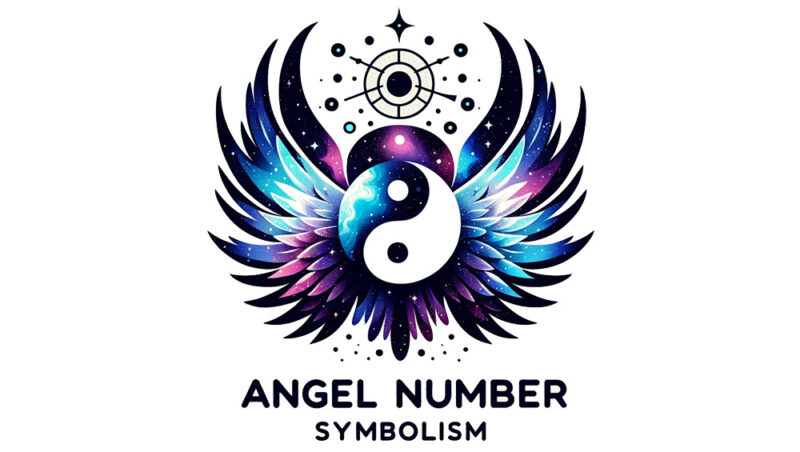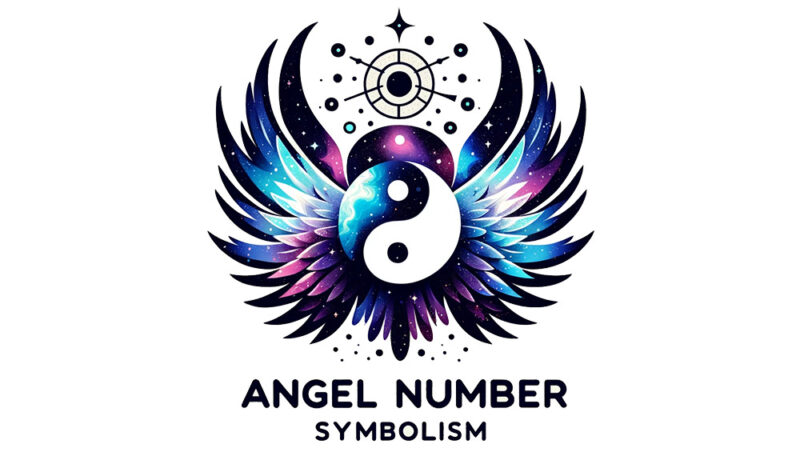Introduction
Dreams are a fascinating aspect of human psychology. They often seem to defy logic, presenting us with scenarios and characters that we haven’t encountered or thought about in our waking life.
One such perplexing phenomenon is when we dream about people we no longer communicate with.
This article aims to unravel this mystery by exploring the psychological and symbolic underpinnings of dreams.
Understanding Dreams
Dreams have been a subject of intrigue, research, and debate among psychologists for centuries.
Sigmund Freud, the father of psychoanalysis, posited that dreams are the ‘royal road to the unconscious,’ providing a window into our hidden desires, fears, and conflicts.
Our subconscious mind plays a pivotal role in the dreams we experience.
While we sleep, our subconscious mind sifts through the myriad thoughts, emotions, and experiences we’ve had. Sometimes, this process brings up people we don’t talk to anymore.
But why does this happen?
Reasons for Dreaming about Someone You Don’t Speak to Anymore
There might be numerous reasons why someone you no longer communicate with appears in your dreams.
Here are a few possible explanations:
- Reflection of feelings or thoughts: Our dreams often mirror our emotions and thoughts, even those we’re not consciously aware of. If you’ve been thinking about someone, even subconsciously, they might appear in your dreams.
- Symbolic representation: People who appear in our dreams can symbolize different aspects of ourselves or our lives. For instance, dreaming about a former friend might represent a longing for friendship or companionship.
- Expression of desires or unresolved issues: Sometimes, dreams bring up people or situations because there’s something unresolved or desired. This could range from a desire for closure to a longing for the qualities that person embodies.
| Reasons | Explanation |
|---|---|
| Reflection of feelings or thoughts | Dreams often mirror our emotions and thoughts, even those we’re not consciously aware of. |
| Symbolic representation | People in dreams can symbolize different aspects of ourselves or our lives. |
| Expression of desires or unresolved issues | Sometimes, dreams bring up people or situations because there’s something unresolved or desired. |
Analysis of Common Themes in Such Dreams
Dreams about people we no longer communicate with can encompass a variety of themes and scenarios. Here are some common ones:
- Missing the person: If you dream about someone you miss or have strong feelings for, it’s entirely natural. Your subconscious might be processing your feelings of loss and longing.
- Having something they possess: Sometimes, these dreams could signify that you admire or desire a quality, trait, or resource that this person possesses.
- Impact they left on you: People who’ve had a significant impact on our lives tend to appear in our dreams. These dreams can help us process our feelings and understand the lasting influence these individuals have had on us.
The Significance of Dreaming about an Ex You Don’t Talk to Anymore
Dreaming about an ex-partner is a common experience that many people report. It might be unsettling, especially if the relationship ended on bad terms or if it’s been years since you last spoke. However, such dreams often carry deep symbolic significance.
- Coming to terms with the end of a relationship: Dreaming about an ex can be a way for your subconscious to help you come to terms with the end of a relationship. It might bring up unresolved issues or emotions that you need to process to move forward.
- Representation of self-growth and change: An ex can also represent parts of yourself that you’ve outgrown or aspects of your life that have changed. In this sense, dreaming about an ex can reflect personal growth and transformation.
- Unresolved feelings: Sometimes, dreaming about an ex can simply mean that you still have unresolved feelings for them. It could be a sign that there are things left unsaid or unexplored in the relationship.
- Emotional baggage: In some cases, dreaming about an ex can also represent emotional baggage from past relationships. This could be a reminder to let go of any lingering feelings or issues that are holding you back.
- Desire for certain qualities: Dreams about an ex can also indicate a desire to possess certain qualities, traits, or resources that the person had. It could be a reflection of what we admire or desire in others.
Spiritual Interpretations of These Dreams
From a spiritual perspective, dreaming about someone you don’t talk to anymore might signify several things:
- Subconscious longing: These dreams can symbolize a subconscious longing for the past or for certain qualities that this person represents.
- Desire for qualities they possess: The person in your dream might embody qualities or traits that you wish to possess. This could be anything from their confidence, success, kindness, or even their ability to handle certain situations.
- Their lasting impact on your life: If this person has had a significant impact on your life, they might appear in your dreams as a reminder of that influence or as a symbol of lessons learned. This can be interpreted as a sign of growth and acknowledging the role they played in shaping your life.
- Healing and closure: Dreaming about an ex-partner can also be a way for your subconscious to heal and find closure, especially if the relationship ended abruptly or without proper resolution. It may signify that you are ready to let go of any lingering feelings or emotions towards this person and move on.
Conclusion
Dreaming about someone you don’t talk to anymore can be a perplexing experience, but it’s not uncommon. Such dreams often reflect our subconscious thoughts, feelings, and desires.
They can also carry symbolic meanings, representing different aspects of our selves or our lives.
While it’s intriguing to analyze and interpret these dreams, it’s essential to remember that dream interpretation is subjective and varies from person to person.
What matters most is what these dreams mean to you, how they make you feel, and what insights they provide into your own emotions and experiences.





